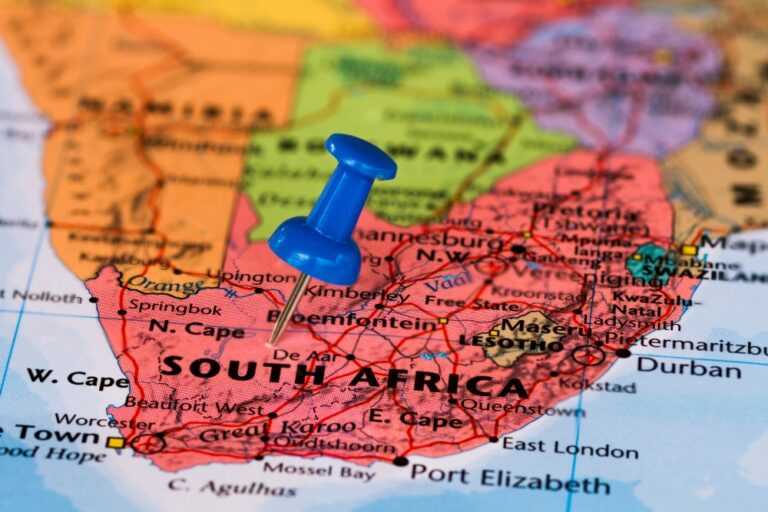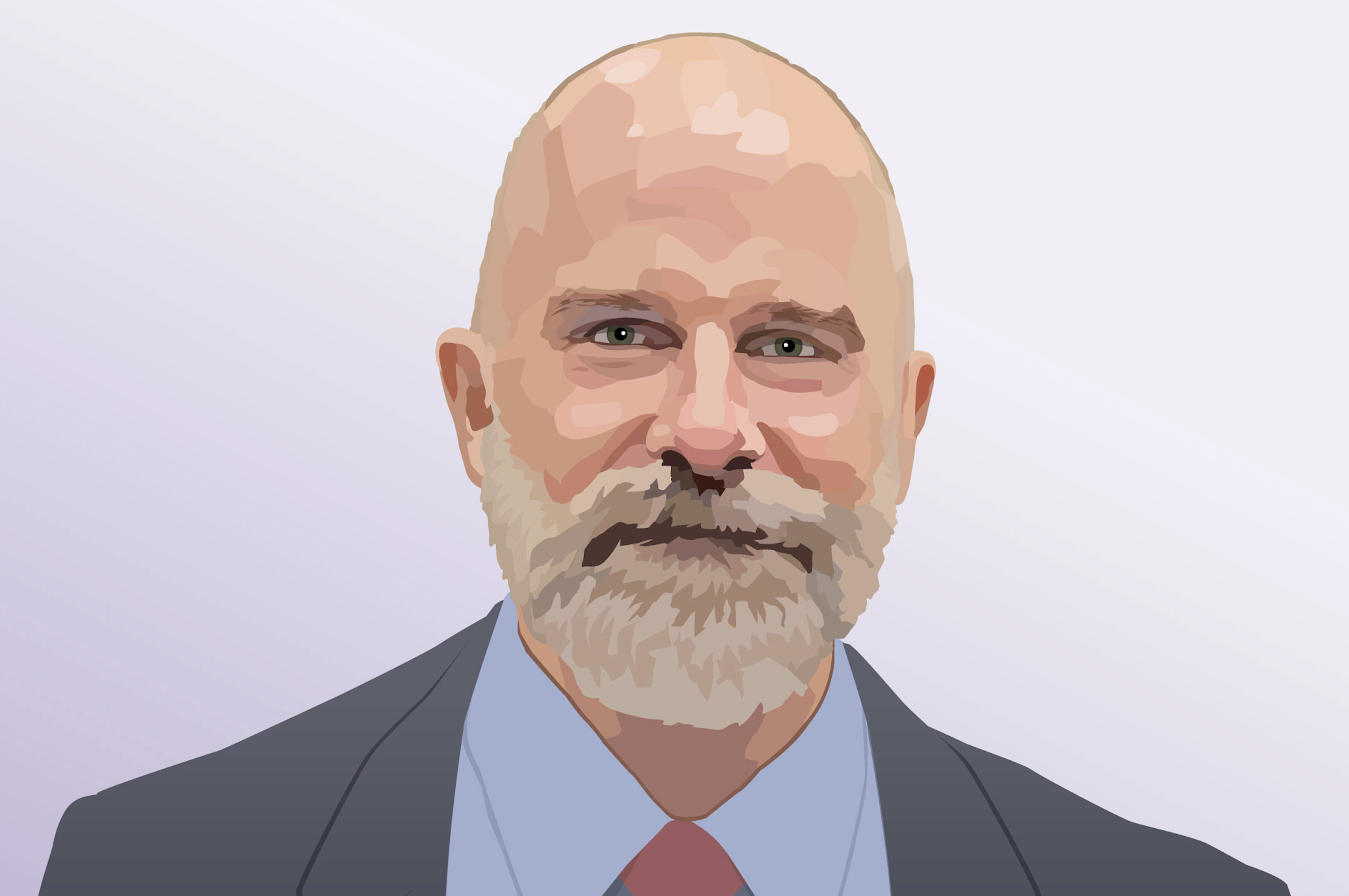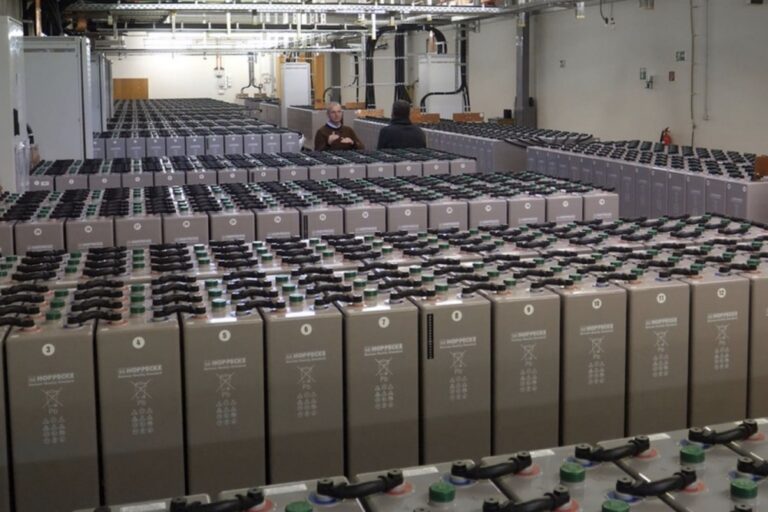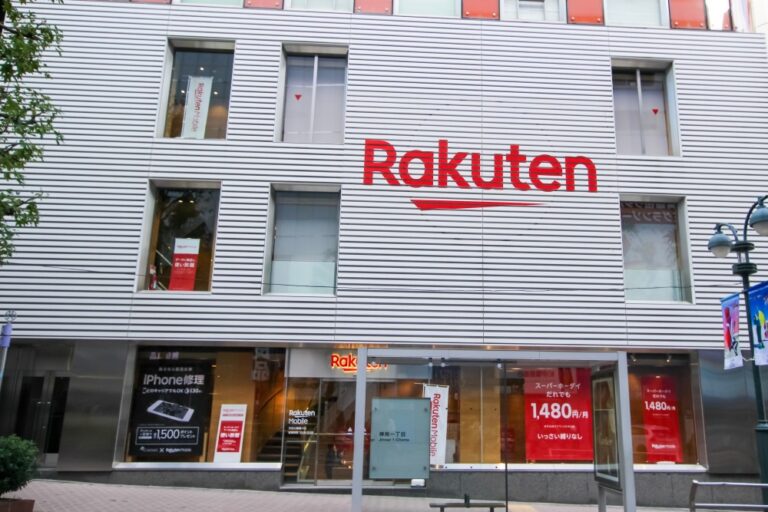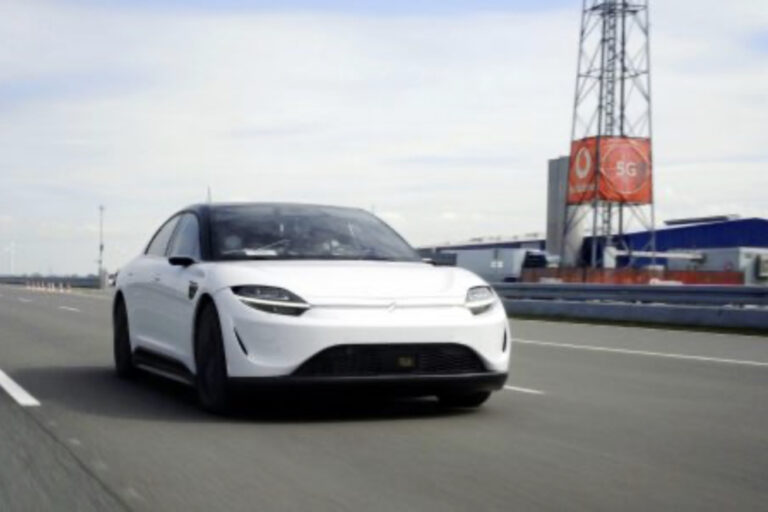Delays hit South Africa’s economy and people says MTN CEO Molapisi
South African operator Telkom’s appeal to delay the spectrum allocation process now faces a legal challenge by Pan African telco MTN.
MTN is anxious to press on with building its 5G networks and has now filed papers to the Independent Communications Authority of South Africa (Icasa). The writ opposes Telkom’s request for more time to prepare its application.
Telkom went to the courts on January the 4th to halt Icasa’s planned March 8 International Mobile Telecommunications (IMT) spectrum auction. It wants more time for the applications to be reviewed. The Telkom tabled an ‘urgent interdict’ to prevent Icasa from processing any applications until the review is heard.
Delays to 5G building will hit the economy
Icasa published the final ITA for the licensing process for the IMT spectrum on December the 10th. This instructed all spectrum applicants to submit their proposals by January 31.
MTN South Africa CEO Charles Molapisi said the delays don’t help the wider interests of South African society. “Spectrum is not just an industry issue, this is an issue for all our people and while there are certainly elements of the ITA [invitations to apply] that are a concern, we have to work together to best benefit the people of South Africa,” said Molapisi. “We cannot have a repeat of 2021, where the entire process was delayed for another full year,” said Molapisi, “[this new delay] comes on the back of 14 years of no additional spectrum being added to the industry.”
Spectrum auction will attract investment
While the current ITA is not perfect, the regulator has tried to strike a delicate balance for all players, Molapisi said.
“Last year, MTN consistently worked with the regulator to avoid further delays in the spectrum process, but the time for action is now,” said Molapisi.
A successful spectrum auction will attract investment into the national economy and could have an immediate benefit for consumers, Molapisi said. The effect of the regulator’s allocation of temporary spectrum, during which data prices gradually fell and became more accessible, is a perfect example of why expedience is necessary.
“We need to provide sustained data quality and speed but most importantly, continued reductions in the price of data. Spectrum is the key to this, and we need to collaborate now, with the regulator and all stakeholders, to unlock South Africa’s economic recovery,” said Molapisi.


